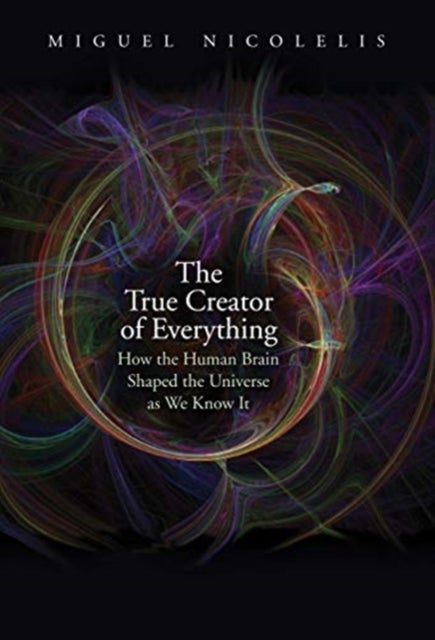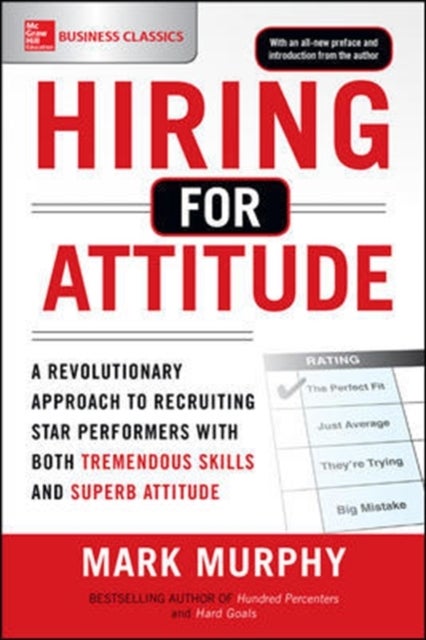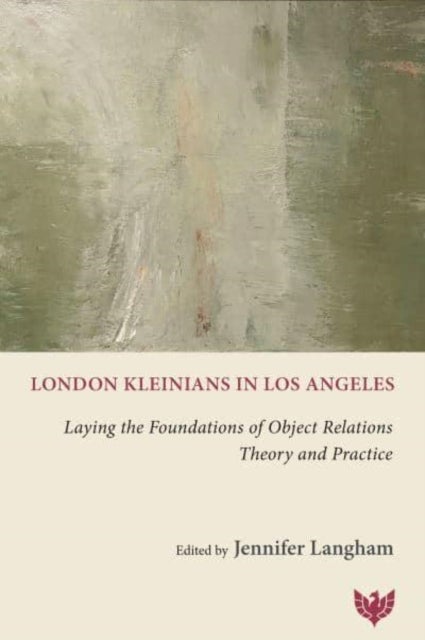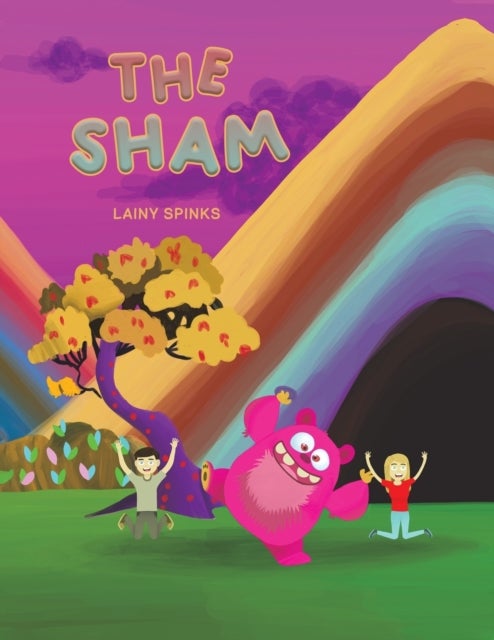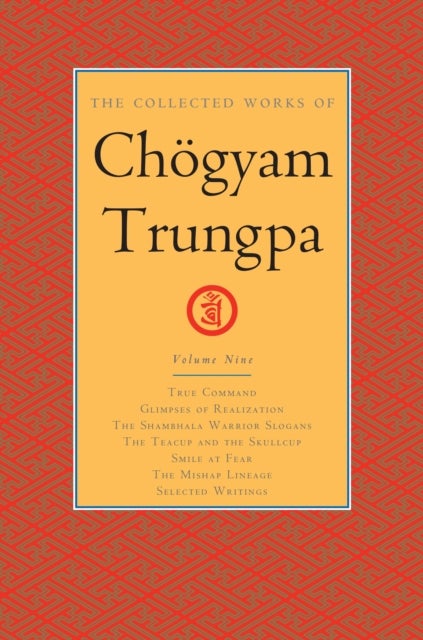
The Last Man av Mary Shelley
199,-
<p><b>Mary Shelley''s landmark novel that invented the human extinction genre and initiated climate fiction, now in Penguin Classics for the first time</b><br><br>Written while Mary Shelley was in a self-imposed lockdown after the loss of her husband and children, and in the wake of intersecting crises including the climate-changing Mount Tambora eruption and a raging cholera outbreak, <i>The Last Man</i> (1826) is an early work of climate fiction and a prophetic depiction of environmental change.<br><br>Set in the late twenty-first century, a deadly pandemic leaves a lone survivor, and follows his journey through a post-apocalyptic world, devoid of humanity and reclaimed by nature. Rather than<br>give in to despair, Shelley imagines a new world where freshly-formed communities and alternative ways of being stand in for self-important politicians serving corrupt institutions, and where nature reigns mightily over humanity.<br><br>Brimming with political intrigue, <i>The Last Man </i>br


